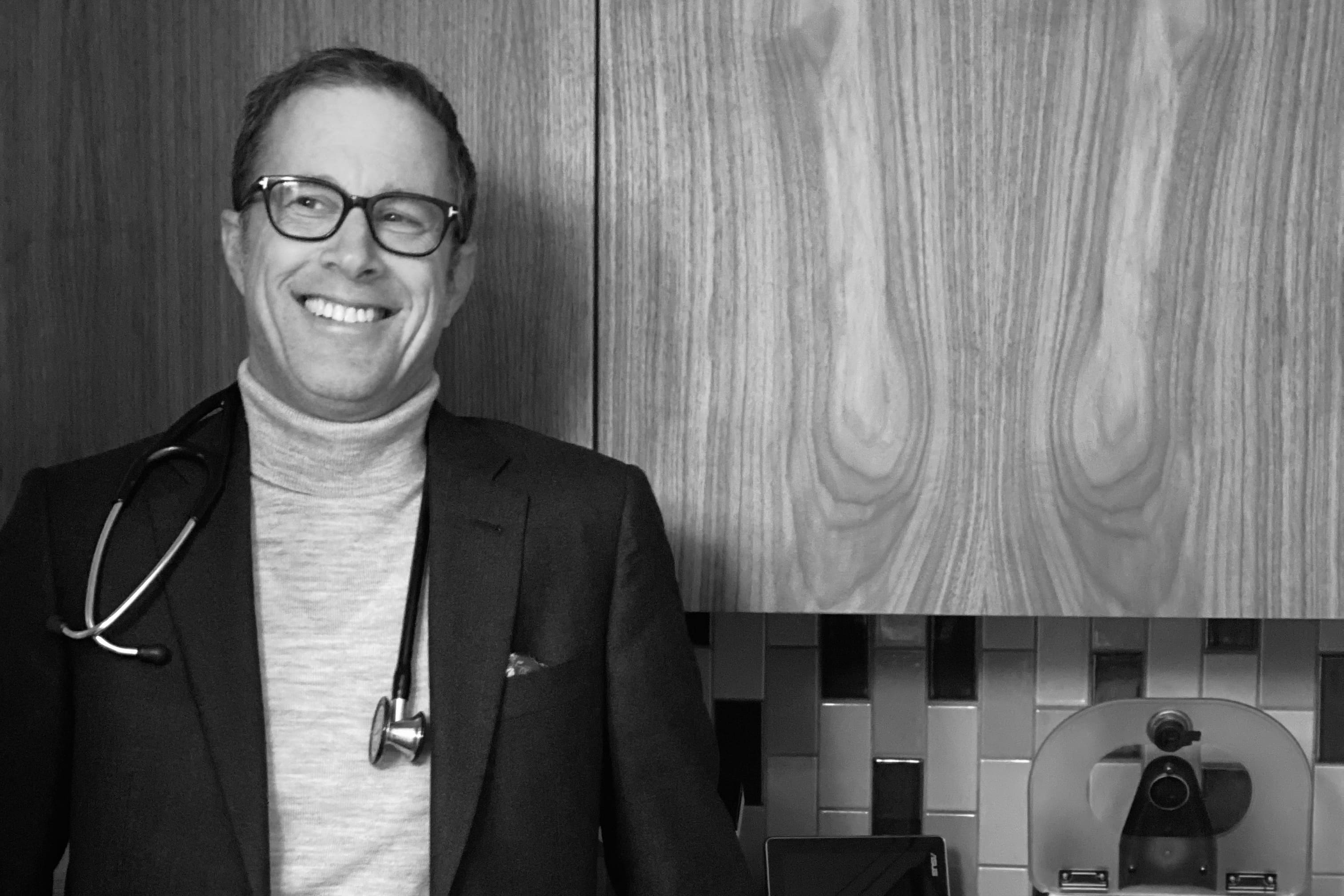Meet the private doctor to the wealthy — at $40,000 a year

Dr. Jordan Shlain, founder of Private Medical.
Credit: Jordan Shlain
A version of this article first appeared in CNBC’s Inside Wealth newsletter with Robert Frank, a weekly guide to the high-net-worth investor and consumer. Sign up to receive future editions, straight to your inbox.
When people ask Dr. Jordan Shlain to describe his medical practice, he says simply: “It’s a family office for your health.”
“Family offices typically have a goal of preserving wealth,” he said. “Our goal is preserving your health. After the age of 24 you’re a depreciating asset health-wise. So we aim to decrease the slope of the curve for as long as possible.”
As depressing as that sounds for patients, Shlain’s strategy is paying off as a business model. His company, Private Medical, is at the forefront of a new type of health care for the ultra-wealthy that has taken concierge medicine to a whole new level. Rather than simply offering on-call doctors and faster visits, Private Medical has pioneered a highly personalized, all-in-one service that’s more akin to the most sophisticated family offices for investments.
Like family offices, Private Medical has an in-house team to manage a family’s entire health portfolio – from fitness and dietary tracking to longevity research, surgeries and medical emergencies. It now serves more than 1,000 wealthy families, with offices in California — San Francisco, Silicon Valley, Santa Monica and Beverly Hills — New York and Miami, and more offices on the way.
Private Medical’s team of 135 physicians, nurses, clinical staff, pharmacists and medical support professionals provides 24/7 on-call service, including home and office visits when needed. Private Medical doesn’t advertise and gets most of its business through referrals. It prefers to call patients “members.”
Shlain declined to give specifics on price, but clients of Private Medical say it charges $40,000 a year for each adult patient and $25,000 per patient under the age of 18. The annual fees cover the cost of visits, tests and procedures in the office, but not hospitalization.
The rise of family office-style medical practices – some of which are charging up to $60,000 a year for membership – reflects the surge in wealth among families worth $100 million or more and growing demand for hyper-personalized, data-driven health care from an aging class of billionaires and millionaires.
The market for concierge and personalized medical services for the wealthy is expected to grow by more than 50% by 2032, to nearly $11 billion a year, according to Precedence Research.
Shlain says insurance companies, overloaded doctors and inflated prices have turned the health-care system into what he calls a “sick care system.” Private Medical, for those who can afford it, aims to be proactive, running frequents tests and diagnostics on patients, constantly updating them with new research and science, and getting detailed information about a patient’s lifestyle, habits, family lives and work lives, Shlain said.
Shlain, whose father was a laparoscopic surgeon and whose mother had a Ph.D. in psychology, started out doing house calls for the Mandarin Oriental hotel in San Francisco. He took a “crash course” in high-end hospitality from top hotel concierges and realized health care should be more like five-star hotel service than an impersonal system of long wait times and error-filled diagnoses.
“I will know everything about you to help you make the best decisions in your life,” he said. “I’m 70% doctor, 15% psychologist, 10% rabbi and 1% friend.”
Private Medical’s job is often to protect its patients from the broader medical system, Shlain said. One of his patients, a 38-year-old entrepreneur and big donor to a major hospital, was admitted for a bowel obstruction. The hospital CEO and chief of surgery rushed to start performing surgery. Shlain pushed back and recommended waiting a day or two. The patient recovered on his own while in the hospital “and walked out without surgery,” Shlain said.
Shlain also creates personalized medical kits for patients to take with them when traveling or working. When one patient scratched his cornea playing beach volleyball in the Bahamas, the patient was able to treat his eye with a prescription in his medical kit rather than searching for a hospital on one of the nearby islands.
Like most services for the ultra-wealthy, the main benefit of Private Medical is access. Shlain has spent over 20 years developing relationships with more than 4,000 specialists in various medical and scientific fields to connect patients with the right person for their specific needs.
With roots in Silicon Valley and many tech clients, Private Medical is also connected to biotech startups doing cutting-edge research and exploring new treatments. Shlain said Private Medical conducts due diligence on four or five new companies a month to keep pace with fast-changing science and research.
When one patient was diagnosed with severe depression, Shlain worked with a new “precision psychiatric” group at Stanford that does an MRI of the brain and uses connectomes (a map of the neural connections in the brain) to determine which medication was best for treatment.
“He got the right medication, and now he’s better,” Shlain said.
Private Medical also prides itself on its technology, developed with some of the top CEOs and entrepreneurs in Silicon Valley. Its platform helps both doctors and patients easily access data, manage appointments and workflows.
Two big areas for his wealthy patients are longevity and sleep. With longevity, Shlain said there’s no magic bullet or diet or medication to roll back time, even for billionaires. The real goal, he said is to “enable you to live with your physical and mental faculties intact for as long as possible with the fewest high-quality interactions with the health-care system as possible.”
“Your good outcome is our income,” he said.
Sign up to receive future editions of CNBC’s Inside Wealth newsletter with Robert Frank.
